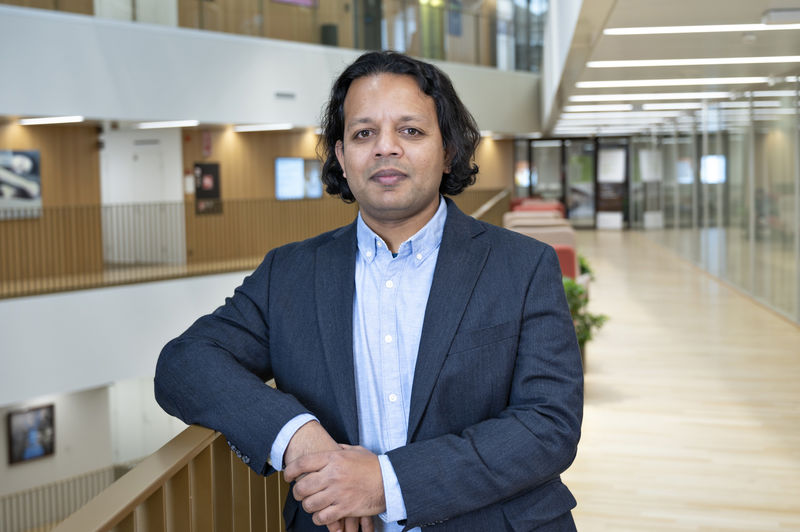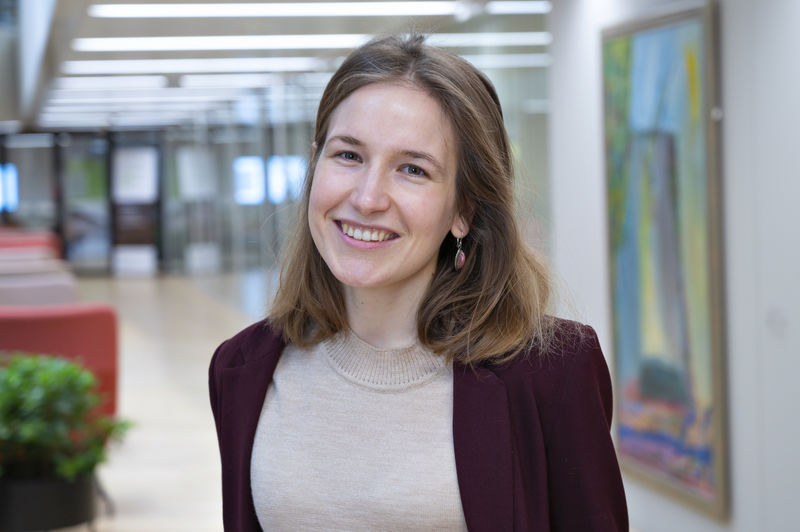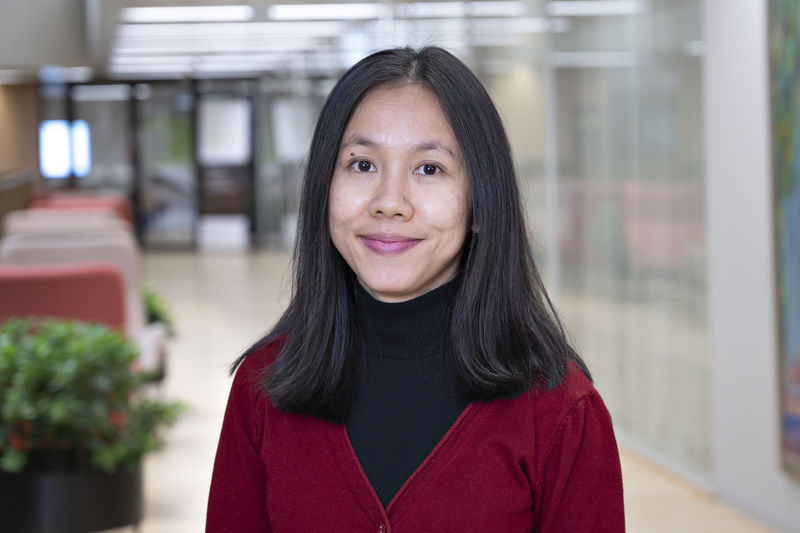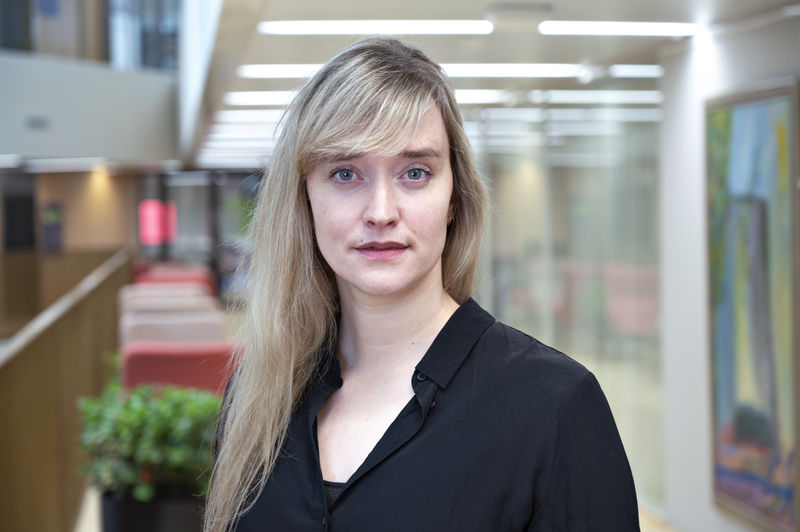Doctoral studies in Organization and Management
Our researchers’ work spans disciplinary boundaries in the spirit of the Aalto University mission. The empirical phenomena we study are often complex, systemic and multifaceted, calling for joint efforts of researchers in different fields.
Our senior faculty members are active in international research communities and networks, serving in editorial positions and as editorial board members. Our strategic research partners in Finland include Aalto SCI (Department of Industrial Engineering and Management) and Hanken School of Economics. We are active in SCANCOR at Stanford University, and collaborate with scholars from universities around the world.

Our doctoral program
The doctoral studies in organization and management equips students with an understanding of the key management theories and in-depth knowledge in their own area of expertise, excellent research skills, and a supportive, collegial research environment. Our professors, among the leading experts in their fields, guide the academic development.
The program welcomes postgraduate students with curious minds, who are enthusiastic about research and open to new ideas and research methods. The program offers opportunities to engage with a wide variety of topics. Among others, our students tackle wicked problems and grand challenges, explore the emergence and development of technologies and industries, and address the novel challenges for leadership, strategy, and work. Our doctoral students come from diverse cultural, educational, and professional backgrounds.
While the focus of the program is to prepare the graduates for a career in academia, the studies also support research and development careers in industry, the public sector, and NGOs.
We advise potential applicants to discuss their research plans with the professors of the research field before completing the application.
Research areas
Gender, difference and inclusion
Astrid Huopalainen, Saija Katila and Anastasia Koulouri
Within the field we see gender and difference (like ethnicity, age, race, class, (dis)ability, sexuality etc.) as cultural practices through which inclusion and exclusion in organizations are produced. We inquire into the interplay of identity, power, practices and social structures, and examine how processes of ‘othering’ take place in organizations. Theoretically, we draw on feminist theories, gender theorizing, ethnic studies and practice-based theories. We engage mainly with qualitative research. Our studies have explored the intersections of professional identity and motherhood, embodied experiences at work, as well as gendered practices in different fields. Empirically, our study contexts include academia, creative organizations, the gaming industry, service animal work and equine (sports) business.
Organization theory
Nina Granqvist, Astrid Huopalainen, Saija Katila, Samuli Patala, Jukka Rintamäki and Henri Schildt
Our research revolves around the core questions of organization theory: what is organizing? What goes on in and around organizations? Why do organizations look and act the way they do? In this group, we focus on perspectives such as feminist theory, institutional theory, post-humanist theory, practice theories, and temporality. We tackle big questions such as inequality, digital transformations, emergence of new technological fields, and how our institutions could serve us better. We are methodologically curious and diverse, but mostly qualitative.
Organizing for sustainability and global challenges
Minna Halme, Matti Häyry, Mikko Jalas, Alexei Koveshnikov, Anastasia Koulouri, Samuli Patala and Jukka Rintamäki
We study institutional and organizational approaches to global sustainability challenges such as climate change, loss of biodiversity, poverty and inequality, and migration. Our research includes thematic areas such as circular economy, sustainable business model innovations, corporate wrongdoing, sustainable investing, and sustainability transitions within energy, water and food domains, as well as population ethics. Systems thinking and co-creation of sustainability-oriented responses to global challenges are among the central tenets of our work.
People management and the changing nature of work
Marjo-Riitta Diehl, Astrid Huopalainen and Alexei Koveshnikov
The employment relationship and the ways in which we organize and manage work have changed dramatically over the past decades. Work has become more flexible and virtual whilst the organizational and societal environments have become more turbulent and stressful. Employees have gained more autonomy and freedom but are also subject to increased job-related and external demands. The workplace itself is becoming increasingly digital, platform-based, global, and diverse. With this, the methods of organizing and managing work have changed, emphasizing employee experience, collaboration, wellbeing, decentralized decision-making and information sharing but also algorithmic management, normative control, identity regulation, and even exploitation. Our research explores the implications of these changes for managing and leading people, considering the broader societal developments, including the current geopolitical crises. Our study contexts include corporate and nonprofit work, startups and multinational corporations, expatriates and refugees, as well as art and design companies.
Strategy, AI, and New Forms of Organizing
Nina Granqvist, Alexei Koveshnikov, Henri Schildt and Taija Turunen
We explore on-going changes in organizational strategies, structures and practices, driven by societal changes and technological innovations, such as artificial intelligence (AI). Researchers at Aalto investigate how AI tools influence strategy work, competitive dynamics, and ecosystem-level change in diverse industries. We are also studying new organizational forms that are facilitated by digital technology, such as collaborative networks, self-managed organizations, and virtual organizations. With rapid growth of AI capabilities, traditional tasks of managers such as planning, coordination and resource allocation, are likely to be replaced by other tasks, with an increasing focus on leading people and culture. Key topics include the impact of AI on strategy work, new business models, ecosystems, ethical considerations of AI use, and the impact of AI on professional roles and skills.
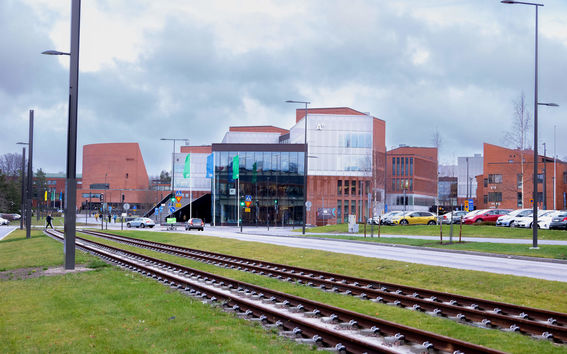
Fully funded scholarships
Funding for doctoral studies is guaranteed for two years after which it is available either from the School or through external foundations. There are a number of foundations that provide funding for doctoral studies and conference trips.
Finland as a place to study
Finland is a great place to live with or without family – it is a politically stable and well-organized Nordic society. Finland is consistently ranked high in quality of life and was just listed again as the happiest country in the world: 7 reasons why you can find happiness in Finland | Visit Finland. Finland offers many excellent state-subsidized services including affordable daycare and education free of charge. Finnish schools and universities are consistently ranked among the best in the world. Finland is also a research-friendly country, where companies are willing to participate in academic research and, in general, data is easily accessible.

Our faculty members supervising doctoral students
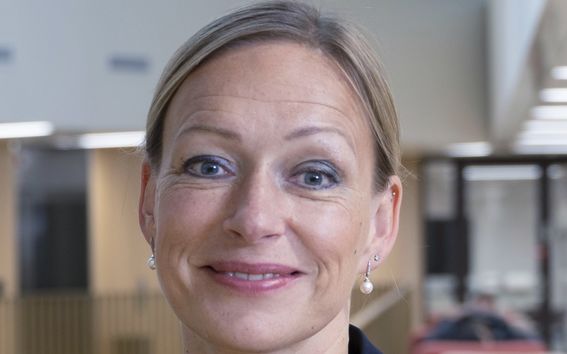
Marjo-Riitta (Maikki) Diehl
Associate Professor
Research area: People management and the changing nature of work
Maikki is interested in social equality and social impact and how these can be promoted at workplaces. Specifically, her research draws on the lenses of psychological contracts and organizational justice and fairness at work from the perspective of managers. She also conducts research on women’s careers and leadership. She has used both quantitative and qualitative study designs in her work, and published theoretical papers, too. Her research has appeared in journals such as Journal of Management, Human Relations and Journal of Business Ethics. Maikki serves as Associate Editor of Journal of Organizational Behavior. Maikki is open to supervise theses that micro-level topics in organizational behaviour and leadership. As a supervisor, it is important for her to establish a shared interest and a level of ambition. At best, supervision is about a dialogue and shared curiosity about a topic or phenomenon. She continues to work closely with her previous doctoral students who work in academic roles in different parts of the world.
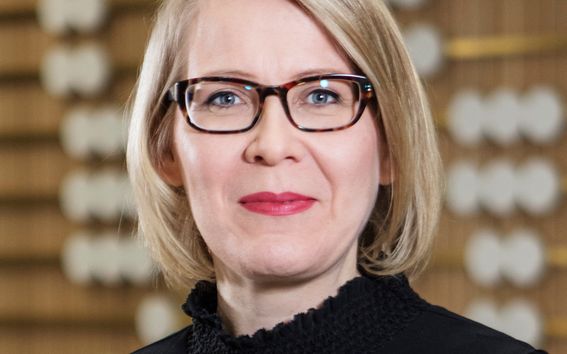
Nina Granqvist
Professor
Research areas: Organization theory & Strategy, AI and new forms of organizing
Nina Granqvist is Professor at the Aalto University School of Business. Her research focuses on how new markets emerge and develop in contexts such as quantum computing, nanotechnology, food trends and impact investing. She explores the forms of agency and collective action included in such transitions of ideas and technologies from margins to mainstream. Theoretically, her work draws on and contributes to our understanding of institutions, market categorization, temporality, valuation, and language in organizations and markets. Her awarded research is phenomenon driven, and she is an expert in data-driven qualitative analysis. This is also her focus in supervision of doctoral students. She supports the students to develop their own research agenda driven by relevant phenomena of their interest, to collect substantial qualitative datasets, and to draw on relevant theories to develop explanations. Nina’s work has been published in Academy of Management Journal, Organization Science, Organization Studies, and Journal of Management Studies, among others. She also has extensive experience in the senior editor and editorial board roles making publication decisions and recommendations in the top management journals.
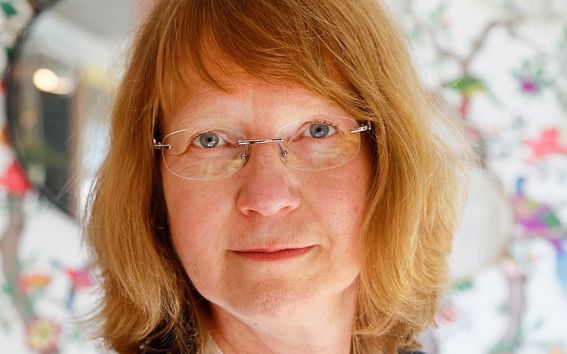
Minna Halme
Professor of Sustainability Management
Research area: Organizing for sustainability & global challenges
Minna’s research focuses on co-creation of sustainability innovations, circular economy, system-level sustainability impacts of business, and innovation for poverty alleviation the Global South. She is co-founder of Aalto University’s cross-disciplinary Creative Sustainability Master programme, and Aalto Global Impact. She is Associate Editor of Organization & Environment, and member of multiple editorial boards. She has received the Academy of Finland and other national awards for the societal impact of her research as well as several international scientific awards including the 2023 Distinguished Winner award for Responsible Research in Management (RRBM). As a doctoral supervisor, Minna’s enthusiasm is sparked by studies that address grand sustainability challenges and their pioneering solutions in the context of organizing and organizations. Minna is a collaborative and supportive advisor, and she enjoys facilitating doctoral students to develop as academic professionals and in engaged scholarship.
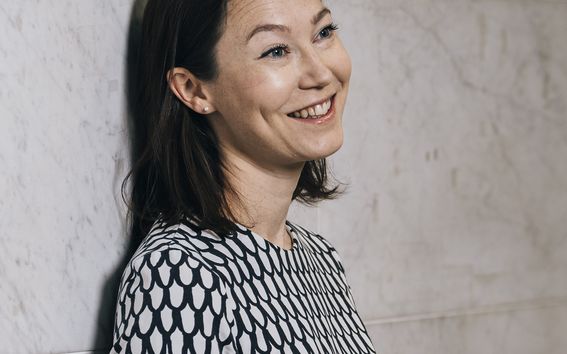
Astrid Huopalainen
Assistant Professor, Leadership for Creativity ¬– Department of Management Studies and Department of Art and Media
Research areas: Gender, diversity and difference, Organization theory, and People management and the changing nature of work
My research interests include the interrelations between arts and organizing, creative work, gender- and diversity-related inequalities in organizations, and more-than human (multispecies) organizing. I serve as the Principal Investigator (PI) for the Research Council of Finland-funded multidisciplinary project ‘PAWWS – People and Animal Wellbeing at Work and in Society’ (2023–2027). Besides supervising qualitative research projects exploring creative processes, leadership for creativity, fashion-, design- and arts organizing, I’d be happy to supervise PhD projects advancing knowledge within the emerging field of Animal Organization Studies. I find supervising highly rewarding. My supervision philosophy builds upon mutual respect for my supervisees and their unique competences, as well as willingness to engage my supervisees to find their own independent voice and grow as academics. Overall, I seek to support my supervisees to be curious and critical thinkers who seek to change the world.
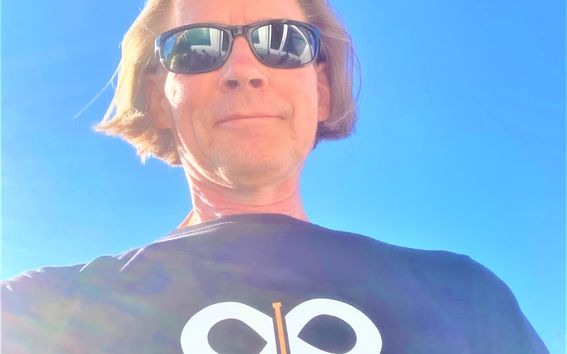
Matti Häyry
Professor, Philosophy of management
Research area: Organizing for sustainability & global challenges
The philosophy group within the Organization and Management unit is a small but thriving research community with a recent concentration on the ethics of population policies, and the adjacent ideologies and doctrines of pronatalism and antinatalism. In the big picture, genuine planetary sustainability requires that the global population is in balance with the resources available to humankind. Attempts at global justice, technological innovations, and effective altruism propose to circumvent the requirement by guaranteeing everybody’s equal wellbeing regardless of the number of people inhabiting the Earth. Other initiatives like the voluntary human extinction movement and antinatalism suggest more drastic solutions that would radically reduce populations across the board. The philosophy unit’s research strand Ethics in Population Policies conducts critical studies into both approaches. Professor Matti Häyry is bound to retire in fall 2024 but stays on as a senior fellow and is available as a friendly yet relentless supervisor of doctoral work within this area.
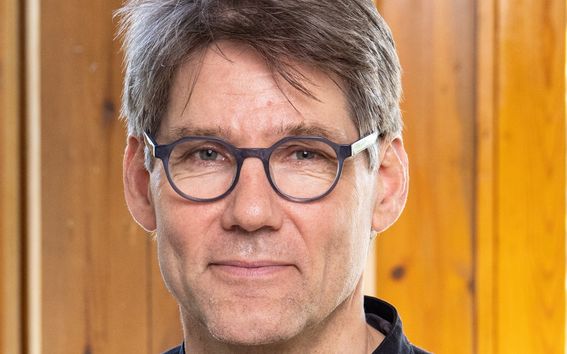
Mikko Jalas
Professor, Co-innovating for circular solutions – School of Business and School of Art, Design and Architecture.
Research area: Organizing for sustainability & global challenges
My research interests and approaches concentrate on science and technology studies, new materialism and practice theory. In particular, I am interested in the relations of everyday life, material artifacts and technology, and the temporal aspects of everyday conduct. This has led me to study consumption and focus on various slow movements, social rhythms and lately on the aspects of dynamic time-varying pricing of consumer products. My work has a strong bearing on sustainability transformation, including climate change mitigation and nature loss. My own research draws from multiple disciplines. In my work I am explicitly seeking to draw from new combinations of disciplines and forms of theorising beyond organization studies. As a supervisor I promote the self-development and personal growth of PhD students as academic professionals with a clear societal mission. I am interested in supervising PhD projects related to technology development, regulation and the societal impacts of technologies, artefacts and infrastructures. Climate change mitigation and carbon dioxide removal technologies are particularly pertaining in my work.
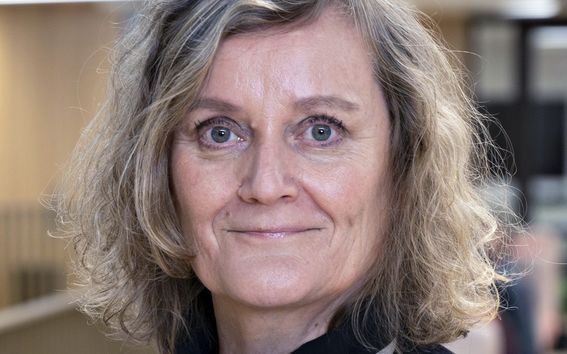
Saija Katila
Adjunct Professor and Senior Lecturer
Research areas: Gender, diversity and difference, and Organization theory
In my research I draw on feminist and practice-based theories of organizing to understand how forms of inequality get produced in organizations. My empirical work has focused on academic, entrepreneurial, leadership or spatial practices. Lately, I have also been interested in studying the role of affect as energy in organizing practices. I would describe myself as a critical qualitative scholar. Happy to supervise students who are interested in empirical research around these topics. Also, eager to support de-colonial scholars, yet not an expert on the field. I especially enjoy supervising doctoral researchers with a capacity for independent work. As a supervisor, I am curious and responsive, and enjoy delving into shared research topics.
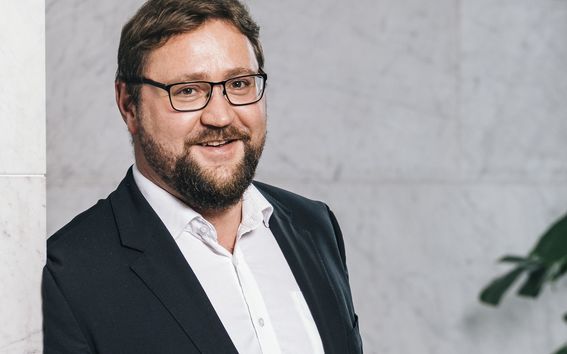
Alexei Koveshnikov
Associate Professor, Head of Management Unit
Research areas: Organizing for sustainability & global challenges, People management and the changing nature of work, and Strategy, AI and new forms of organizing
Alexei’s research interests include the evolving demands for leadership and people management in times of geopolitical crises and natural disasters, strategizing and politicking in multinational corporations, identity work and its various forms in global and international contexts, as well as global mobility including expatriation and migration, and, lately, nationalism, deglobalization and populism. He pursues and enjoys doing both qualitative and quantitative research. Alexei has received several prestigious awards for his work. He holds several editorial positions in leading academic journals in the field. During his research career, Alexei has been a visiting scholar at universities in New Zealand, Austria, the USA, and Australia. Alexei enjoys supervising students and works very closely with them supporting the development of their ideas and competences.
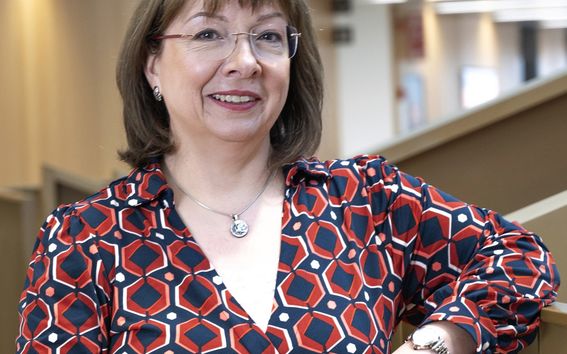
Anastasia Koulouri
Senior University Lecturer, quantitative methods
Research areas: Gender, inclusion and difference, and Organizing for sustainability & global challenges
Anastasia’s research interests include: energy security and transitions particularly in resource-rich countries, the water-energy-food nexus, and the sustainable development of transitional economies. Anastasia is also interested in inequality and inclusion in Higher Education institutions, and in particular the conceptualization, manifestation, and institutionalization of the scholarship of teaching; and, from a different perspective, the impact of learner centre pedagogy on inclusion in the educational process. Anastasia views supervision as a partnership and her role as a guide and mentor in her students’ journey to become independent researchers. She is interested in supervising studies in the above areas.
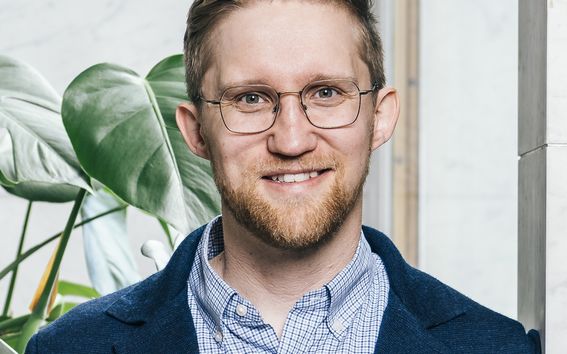
Samuli Patala
Assistant Professor
Research area: Organizing for sustainability & global challenges
My research is in the field of sustainable business, focusing broadly on how systemic sustainability transitions develop through collaboration of different sectors and industries. My research has focused specifically on the topics of collaborative governance of circular economy, institutional change in the energy transition as well as collaboration and partnerships for sustainability, and has received international recognition including the 2023 Distinguished Winner award for Responsible Research in Management (RRBM). I am currently focused on a large multidisciplinary project exploring sustainability and circular economy in the textile sector. I supervise dissertations focused broadly on different topics around sustainable and responsible business, typically utilizing various qualitative methods. As a supervisor, I encourage supervisees to be explore meaningful and interesting topics with high potential for academic rigor and societal relevance. My strengths as a supervisor include a friendly and collaborative mindset, and a supportive approach to facilitate the academic journey of the supervisee.
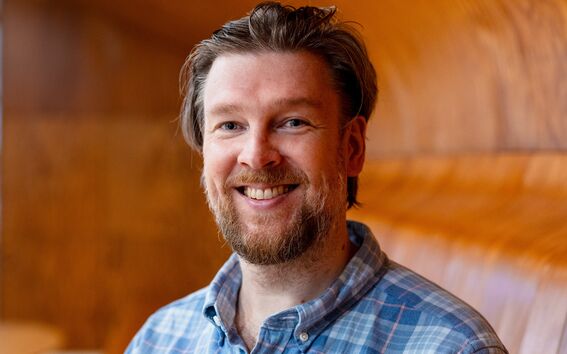
Jukka Rintamäki
Assistant Professor
Research areas: Organization theory, and Organizing for sustainability & global challenges
My general research interests relate to questions of justice in and around organizations. More specifically, I study phenomena around sustainability and organizations, organizational wrongdoing, organizations and other actors in institutional arrangements and processes, and collective memory in connection to organizations. I specialize in theorizing and qualitative research. As a supervisor, I am supportive, facilitative, and friendly. My aims are to help my supervisees develop their thinking, writing, and general academic capabilities, and to find their own way as an independent researcher. My strengths lie in a broad knowledge of the field or organization studies and of adjacent fields, a deep understanding of a wide range of qualitative methods, and my considerable international network.
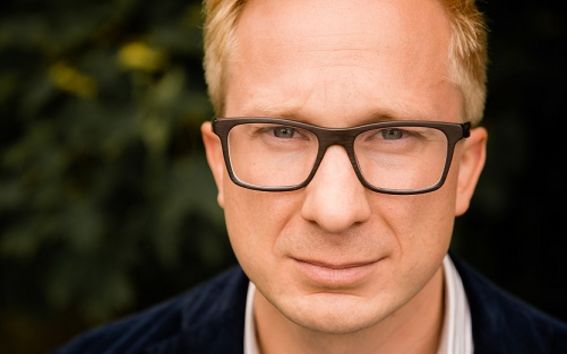
Henri Schildt
Professor, strategy at the Aalto School of Business and the School of Science
Research areas: Organization theory, and Strategy, AI, and new forms of organizing
Henri’s research interests span artificial intelligence, sensemaking, cultural entrepreneurship, and social sustainability. He has published on a range of topics from data and rationality to NGOs working in refugee camps. He is currently the co-leader of a research project “Smarter work with artificial intelligence”, funded by Business Finland. Henri Schildt is the co-leader of “Smarter work with generative AI” project running until the end of 2026. He is currently only considering supervision around the impact of generative artificial intelligence on organizations and management.
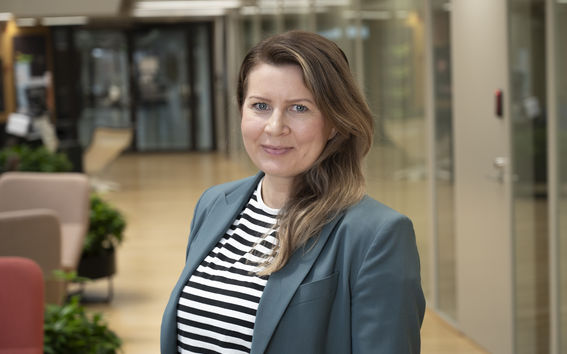
Taija Turunen
Assistant Professor of Design Business Management
Research area: Strategy, AI, and new forms of organizing
My research focuses on identifying the prerequisites and catalysts of innovation, particularly in the realm of business model innovation. The drive for change in this area is often fueled by emerging technologies like AI, digitalization, big data, and the Internet of Things. This is further augmented by the growing importance of service-based exchanges, which are crucial for better resource deployment and addressing sustainability concerns. The theoretical foundation of my work is deeply rooted in sensemaking, identity work, management cognition, and institutional theories. In my approach, I utilize a range of qualitative methodologies, placing a strong emphasis on industry engagement and aiming for significant societal impact. As a supervisor, I am committed to being responsive, collaborative, and goal-oriented, with the objective of fostering a supportive yet ambitious research environment. I am especially eager to mentor students who are passionate about actively collaborating with industry partners to make meaningful contributions, driven by a deep curiosity and enthusiasm for innovation.
Degree structure and coursework
The degree requirements of the International Business PhD Program consist of coursework of 60 ECTS which include General research studies (18-24 ECTS) and Research field studies (36-42 ECTS).
Application
The application period is 11.12.2023 – 11.1.2024.
Detailed information about the application process for our doctoral program and online applications may be found:
Information about the application process
For more information please contact the Head of Doctoral Studies in Organization and Management, Assistant Professor Jukka Rintamäki (jukka.rintamaki@aalto.fi).







